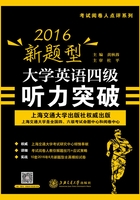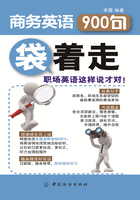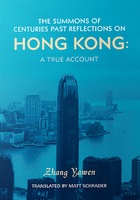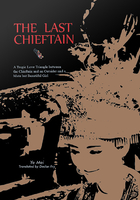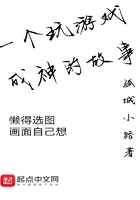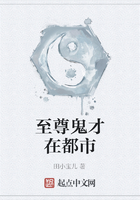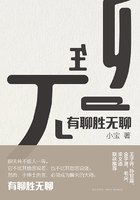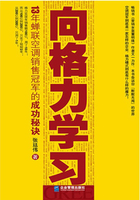Early in 1975, when Deng Xiaoping began to lead the work of the Central Military Commission, he suggested that the army had to regard reduction as its top priority. In the ten years afterwards, our army experienced the complicated and repetitive process of carrying out three reduction and reorganization programs. The military establishment and staff quotas were reduced and then expanded, reduced and expanded. This was a result of many factors. Firstly, the ideology which stated, "fight battles early and violently and engage in nuclear warfare" was too deeply engrained. Furthermore, people still believed in the old adage that "many hands make light work." Finally, they had not yet enacted structural reforms. In 1981, Chairman Deng said: "We have to revolutionarily reduce and reorganize the troops. (Naturally this was an organizational rather than a people's revolution). Although it was an unpleasant task, they should get it over with and perform it properly. If they only tried to mend the situation, then the plan would be unworkable."
After the previous reductions and reorganizations carried out from 1975 to 1982, the number of officers and soldiers decreased greatly. But Deng Xiaoping was still not pleased and he wrote in the 1982 plan for reorganization: "This plan is not satisfactory; at present only the first step can be enacted and after that further research is needed" .
From 1983, Vice Chairman Yang Shangkun labored diligently towards the goal of "reducing the armed forces" .
Now it was the time for decision making.
After Deng Xiaoping stated that there would be no global conflicts in the coming few decades he then said: "As we will be taking this into account, there is no longer the need to spend more money on national defense. We have to save more money towards constructive aims and we can make that decision now."
He continued: "Even if a war did break out, we would still need to reduce the armed forces."
After considering deeply the political and economic situation both domestically and abroad, the Central Military Commission was firm and resolute. Deng gave their determination a voice. Since at that time we could not successfully balance both economic development and military build-up, it was better to take a risk and concentrate financial and material resources on economic progress.
As a result, a significant strategic decision was made which would go on to cause a global sensation; 1985 was "the year of disarmament" for China.
That year, the number of officers in the three general departments of the People's Liberation Army was reduced by nearly a half, and the quotas for the Air Force, the Navy and the Second Artillery Corps were also readjusted. The amount of military regions was consolidated from the original eleven regions to seven, thirty-one positions over the level of corps were cut, 4,054 occupants of those positions at the divisional and regimental level were dismissed, and the People's Armed Forces Departments at the city and county levels were placed under local administration. They discharged officers and soldiers from active service, commanding groups reduced the number of their deputy cadres and seventy-six positions in the armed forces and other departments previously occupied by officers were transferred to soldiers so that the ratio between officers and soldiers became 1:3.3. In the following three years, 600,000 cadres were discharged from active service and transferred to local civilian work.
For those whose decision was not already made for them, almost everyone faced the choice: to advance or retreat? To stay or to leave? This question affected the future of every military family …
This was a "comprehensive upheaval" and a "complete shake-up" . Effective from top to bottom and inside out, this was a serious and painful "major surgery" for the cumbersome organization.
This occurred at a time when the defensive counter-attack in southern border had not yet concluded; at a time when fundamental improvements in Party conduct had been carried out, but the ultimate aim had not yet been realized. It was set against the background of bold and decisive nationwide reforms in economics and politics. It was a time in which the new was replacing the old. All this made a large-scale reduction and reorganization of the army more complex and complicated.
It was thrilling and highly stimulating.

